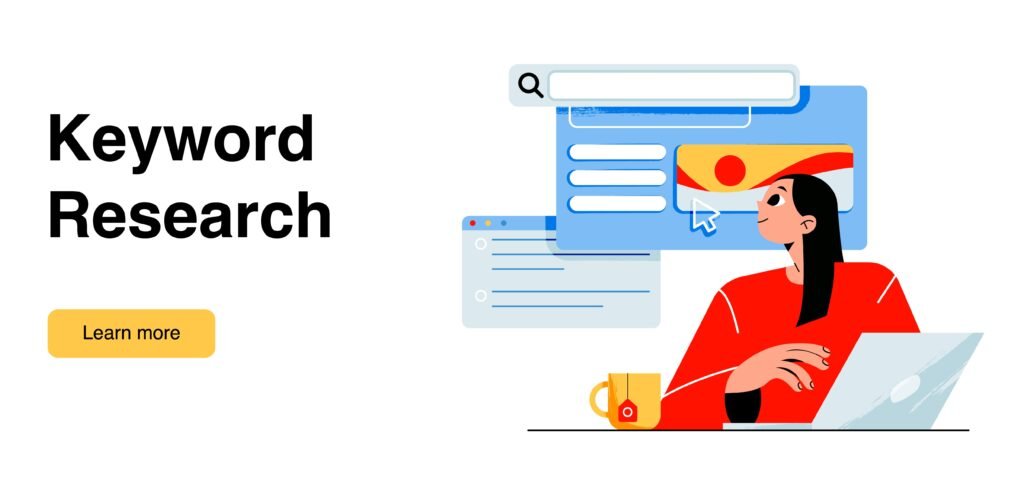In the vast digital landscape, where competition for consumer attention is fierce, keywords form the backbone of any successful internet marketing strategy. Their significance cannot be overstated, as they bridge the gap between what users search for and the content businesses create. In this article, we will explore the critical role of keywords in internet marketing, delve into the concept of latent semantic indexing (LSI) keywords, and provide actionable insights for leveraging keywords effectively.
What Are Keywords in Internet Marketing?

Keywords are specific words or phrases that users type into search engines when seeking information, products, or services. For businesses, understanding and utilizing the right keywords is crucial for improving search engine visibility, driving traffic, and converting visitors into customers.
Why Keywords Are Vital
-
Improved Search Engine Rankings
Search engines like Google analyze the relevance of a webpage based on its keyword usage. By strategically placing primary and LSI keywords throughout your content, you increase the likelihood of ranking higher on search engine results pages (SERPs).
-
Targeted Traffic
Using relevant keywords helps attract a more targeted audience. For instance, a business specializing in “organic skincare” can attract users actively searching for this niche by optimizing their content with specific keywords like “natural face cream” or “vegan moisturizer.”
-
Enhanced User Experience
Keywords provide clarity and context to your content. This ensures that users quickly find what they are looking for, resulting in a better overall experience and increased engagement.
-
Competitive Advantage
Businesses that effectively incorporate high-value keywords gain a competitive edge by positioning their brand in front of potential customers before competitors.
Understanding LSI Keywords
Latent Semantic Indexing (LSI) keywords are contextually related terms that search engines use to understand a page’s content better. They add depth to your content, reducing redundancy and improving its relevance.
Example of Primary and LSI Keywords
| Primary Keyword | LSI Keywords |
| Digital Marketing | Online marketing, SEO, PPC |
| Organic Skincare | Natural skincare, vegan beauty |
How to Use Keywords Effectively
-
Keyword Research
Conduct thorough keyword research using tools like Google Keyword Planner, SEMrush, or Ahrefs to identify high-performing keywords relevant to your industry.
-
Optimize On-Page Elements
Ensure that your keywords appear naturally in critical areas such as:
- Title tags
- Meta descriptions
- Headings (H1, H2, H3)
- Alt text for images
- URL structure
-
Maintain Optimal Keyword Density
For maximum impact, aim for a keyword density of 2% in your content. This ensures sufficient emphasis on your primary keywords without overstuffing, which can lead to penalties.
-
Use LSI Keywords
Incorporate LSI keywords to enrich your content and provide additional context. This practice not only boosts SEO but also enhances readability and user engagement.
Best Practices for Keyword Integration
- Create Quality Content: Keywords should naturally fit within well-written, informative, and engaging content.
- Focus on Long-Tail Keywords: These phrases, often three or more words long, have lower competition and higher conversion potential.
- Regularly Update Content: Refreshing your content with updated keywords ensures sustained relevance and ranking.
Tools for Keyword Research
- Google Keyword Planner
- SEMrush
- Ahrefs
Conclusion
Keywords are indispensable in internet marketing, driving visibility, engagement, and conversions. By mastering keyword research, strategically placing both primary and LSI keywords, and maintaining optimal keyword density, businesses can significantly enhance their digital presence. Embrace these best practices to stay ahead in the ever-evolving world of online marketing, ensuring your content resonates with both search engines and your target audience.


